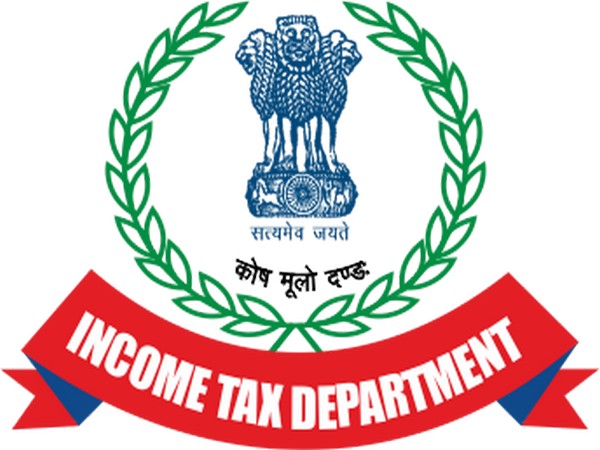I-T dept notifies FY21 'safe harbour' rates for cos
Given that businesses are amid an unprecedented economic situation and the past year has been severely impacted due to the pandemic, any lowering of the rates in line with the current economic circumstances would have gone a long way to make SHR more attractive and lowering of threshold, or adding more transactions, may add more willing taxpayers, Narang added.Being an alternate dispute resolution mechanism, SHR should have been made more attractive and exhaustive rather than just been extended, to give more impetus, Narang added.Following international best practice, India introduced the concept of SHR in Finance Act 2009.

- Country:
- India
The tax department has notified the 'safe harbor' rates for 2020-21 for the calculation of transfer pricing by foreign companies in India. Generally, safe harbor is defined as circumstances in which the tax authority shall accept the transfer price declared by the taxpayer to be at arm's length. The Central Board of Direct Taxes, through a notification, has extended the applicability of Safe Harbour Rules (SHR) to 2020-21. As per the notification, the rates under SHR applicable from 2016-17 to 2018-19, and later extended to 2019-20, will continue to apply for 2020-21 as well.
Transfer pricing implies the prices at which various overseas divisions of a company transact with each other. Nangia & Co LLP, Partner-Transfer Pricing, Nitin Narang said like last year, this year again, the rates have been prescribed for one year only, instead of 3-year and the 5 years earlier. SHR should be mutually beneficial for both taxpayers and tax authorities. For taxpayers, in terms of reduced compliance burden, cost-saving, administrative convenience, and resources channelized in other business areas, and for tax authorities, in terms of reduced time for review and litigation, agreed to margins with computation mechanism and taxes thereon. “Given that businesses are amid an unprecedented economic situation and the past year has been severely impacted due to the pandemic, any lowering of the rates in line with the current economic circumstances would have gone a long way to make SHR more attractive and lowering of threshold, or adding more transactions, may add more willing taxpayers,” Narang added.
Being an alternate dispute resolution mechanism, SHR should have been made more attractive and exhaustive rather than just been extended, to give more impetus, Narang added.
Following international best practices, India introduced the concept of SHR in the Finance Act 2009. Post that, the first round of SHR provisions were introduced in August 2013 for three years, followed by a revision in 2017 in the SHR which was applicable till 2019-20. Different rates were prescribed for different categories of international transactions. Of these, the category of software development, and knowledge process outsourcing (KPO) were popularly opted for.
(This story has not been edited by Devdiscourse staff and is auto-generated from a syndicated feed.)
ALSO READ
Indian talent in IT sector will play important role in bringing jobs to India: Anurag Thakur
Indian-origin Singaporean minister emphasises importance of introducing children to Tamil language
Indian child sex offender arrested after Maryland courts give light sentences: ICE
'No ground' for Indian request for return of Kachchatheevu: Lanka Minister
India continues to be largest recipient of remittances, says RBI Governor Shaktikanta Das.










